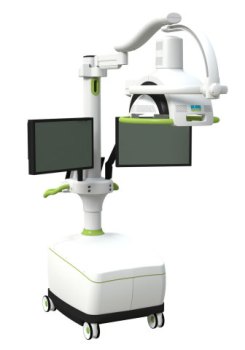Sep 12 2014
PerkinElmer Inc., a global leader focused on the health and safety of people and the environment, today announced the launch of the Solaris™ quantitative optical molecular imaging system. This preclinical solution for use in small and large animal studies will help to advance drug discovery and translational research to develop and validate molecular-guided surgical research protocols.
 PerkinElmer's Solaris(TM) quantitative optical molecular imaging system. (Photo: Business Wire)
PerkinElmer's Solaris(TM) quantitative optical molecular imaging system. (Photo: Business Wire)
The Solaris system, when combined with PerkinElmer’s suite of fluorescence molecular imaging probes, can bridge molecular imaging research techniques to support potential clinical outcomes. By distinguishing healthy versus diseased tissue in real-time, researchers can more accurately and completely map tumors.
“The Solaris system is our latest breakthrough translational quantitative imaging solution designed to facilitate disease studies and advance next-generation, molecular-level surgical support research,” said Brian Kim, President, Life Sciences & Technology, PerkinElmer. “Translational drug discovery validation in large animal models enhances toxicity and efficacy predictability in humans and provides critical knowledge for drug development programs.”
The Solaris system is designed for ambient lighting conditions found in preclinical surgical research suites and can dynamically use a broad and versatile range of fluorescent probes, offering flexibility for translational researchers when targeting diseases. Its research applications include drug efficacy, drug safety, measurement of real-time biological therapeutic responses, and advanced molecular-guided surgery applications such as surgical tumor margin determination in live animal models.
PerkinElmer will showcase the Solaris system at the World Molecular Imaging Congress (WMIC) 2014 beginning September 17 in Seoul, South Korea. The company will also display the G8 bench-top PET/CT translational imaging system available through its collaboration with Sofie Biosciences, along with its new QuantumTM GX microCT in vivo imaging system and selected additional PerkinElmer optical in vivo imaging systems.
For more information on PerkinElmer’s Solaris system, please visit our website.